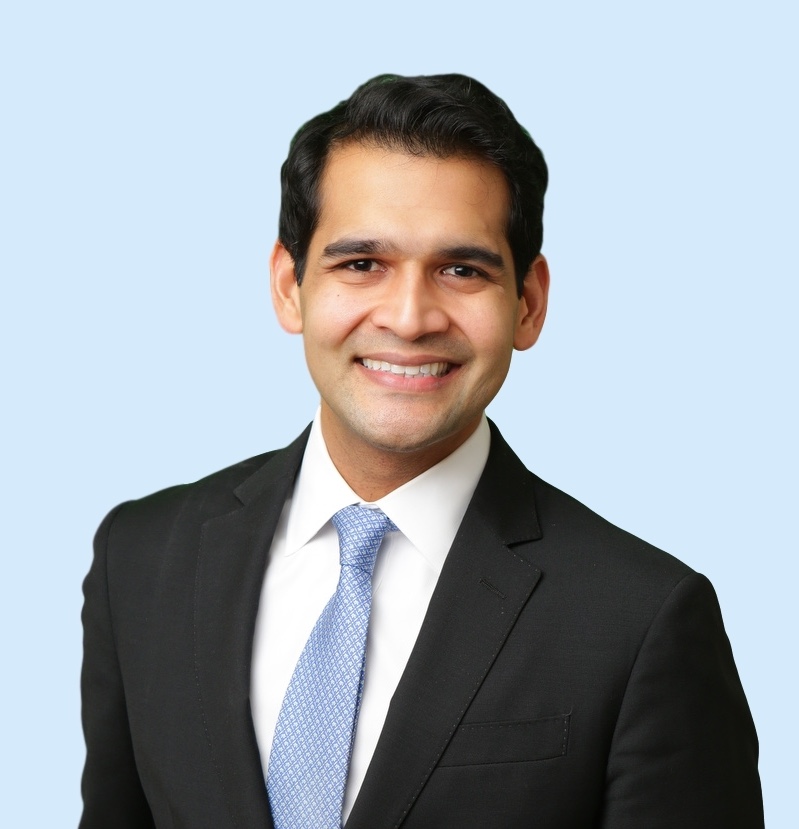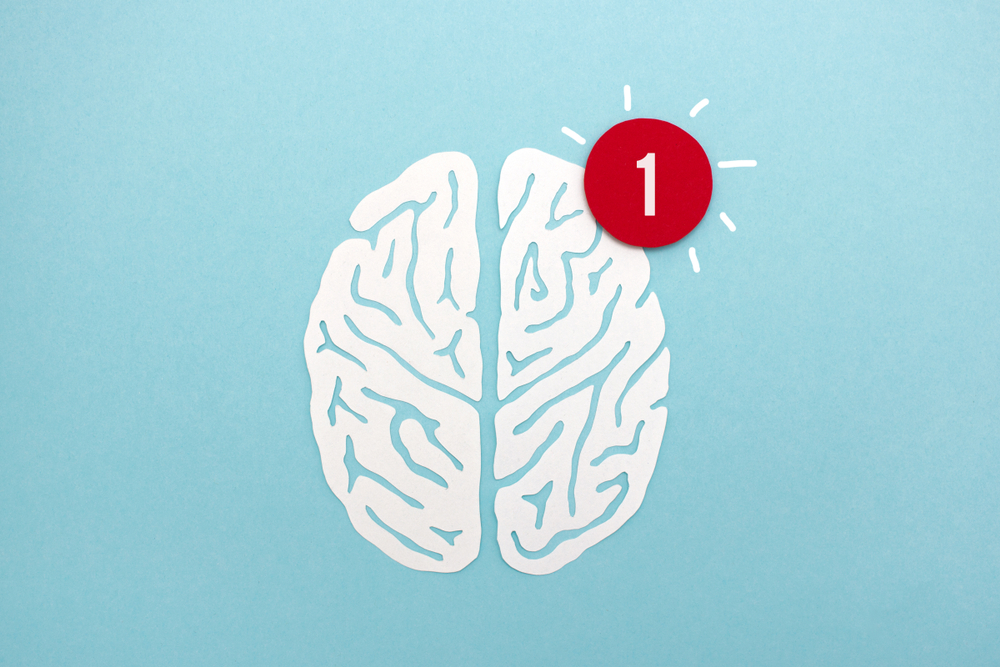There is a lot of information, resources, and support online about childhood ADHD. While it’s most commonly considered a childhood disorder, many people don’t realize that adults are also impacted by ADHD. The scientific community once thought that adult ADHD was simply undiagnosed childhood ADHD, but we now know that adults can develop ADHD even if they never had symptoms of it as a child. This is very important because, even if you did great in school when you were younger or performed well in your career, more recent difficulties with inattention, impulsivity and/or hyperactivity still may be caused by ADHD. In addition, about 60-80% of children with ADHD continue having symptoms as an adult, and one-third of children with ADHD continue to meet criteria for ADHD as an adult.
What is ADHD exactly?
ADHD stands for Attention Deficit Hyperactivity Disorder. It’s a brain disorder characterized by a pattern of impaired attention and/or impulsivity. At its most basic level, ADHD is caused by alterations in certain brain circuits, mediated by chemical substances in the brain called neurotransmitters. While that’s a mouthful, the important takeaway is that we have a biological understanding of the causes of the symptoms of ADHD as well as proven treatments that can help patients. If you have ADHD, you most likely find it difficult to concentrate, remain focused on tasks until they’re completed, and manage your time efficiently. It’s likely that you feel fidgety and restless at times, which leads to a pattern of making impulsive decisions.
Are ADHD and ADD the same thing?
Back in the 1980s and early 1990s ADD was the term that was widely used. It stood for Attention Deficit Disorder, and over the years, the name of the disorder has been updated to reflect the improved scientific understanding of the disorder (namely that for many patients hyperactivity, not attention deficit, may be their main symptom). If you are in the habit of saying ADD, don’t worry, clinicians will still know what you are talking about. The most important thing is to be aware of the possible symptoms of ADHD.
What causes ADHD?
Scientific studies show that ADHD has a strong genetic component. Thus, if someone in your family has been diagnosed with ADHD (or has undiagnosed ADHD),you have a higher chance of having it as well. Studies also show that environmental factors (all your experiences and things you have been exposed to since birth) play a limited role in causing ADHD.
At the most basic level, the symptoms of ADHD are caused by alterations in the brain’s use of neurotransmitters like dopamine, serotonin, and norepinephrine (also called noradrenaline in other countries). This scientific understanding is crucial, because these alterations in neurotransmission are the target of the most common drug treatments like Amphetamines (Adderall®), Methylphenidate (Ritalin®) and Atomoxetine (Strattera®).
How does ADHD affect my life?
If you are living with ADHD there are several different ways that it can impact your personal and professional life. Some of the things that you may experience include:
- Decreased productivity. This could mean making less money than you would have otherwise (20% lower, $41K vs $52k; Biederman/Faraone, MedGenMed 2006)
- Consequences from missed appointments and meetings
- Difficulty with meeting deadlines, managing large projects, and responsiveness at work which makes it hard to get promoted
- Lower self-esteem
- Compulsive eating, substance use disorders, and screen addiction
- Chronic stress and difficulty sleeping
- Difficulty due to impulsive decisions and emotional outbursts.
Diagnosing ADHD in adults
The DSM-5 is a large book published by the American Psychiatric Association that mental health professionals use to classify mental health conditions. For the diagnosis ADHD, it is important that several symptoms of inattention or hyperactivity are present for a period of at least 6 months. These symptoms impair functioning and occur in multiple settings (such as at work and at home). Currently the DSM5 requires that at least some of these symptoms existed were present before the age of 12 (though doesn’t require that you met ADHD criteria in past). For more details on the DSM 5 criteria, click here
Do you identify with the following statements?
People with ADHD tend to identify with several of the following statements:
- I struggle when it comes to paying attention to details which leads to careless mistakes.
- There aren’t many things that can hold my attention. Even when I try to pay attention when someone is talking, I have a hard time listening
- I have difficulty completing work or household tasks because I get side-tracked.
- It’s hard for me to stay organized. I lose things a lot (keys, wallet, purse, paperwork, glasses, cell phone, etc.)
- I struggle with interrupting others. It’s hard for me to wait my turn.
- I tend to blurt out answers to questions before they are asked.
- I talk excessively.
- I am restless and fidget a lot. Even when I’m expected to stay seated, I feel that I must get up. I struggle when participating in quiet leisure activities.
Do I have ADHD?
Even if you identify with the symptoms listed above, ADHD isn’t something that you can self-diagnose. Studies show that 70-75% of patients with ADHD also have another psychiatric condition, such as anxiety, depression, or substance abuse. If you think that ADHD is the cause of your struggles, it’s important to talk to a mental health specialist. Until then, feel free to take our free evidence-based assessment by clicking here.
Originally published on Mantra Health.
Follow us here and subscribe here for all the latest news on how you can keep Thriving.
Stay up to date or catch-up on all our podcasts with Arianna Huffington here.


